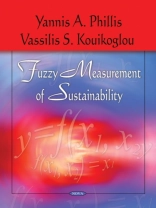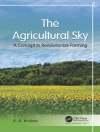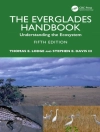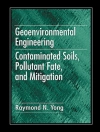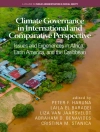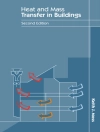People from many disciplines talk about sustainable development (SD) without having a concrete definition or idea of what it is. Politicians and decision-makers, biologists and environmentalists, engineers and scientists, philosophers and sociologists often mean different things when they mention SD. To take an extreme example, a neoclassical economist might define SD as continual economic growth without regard to the environmental situation, whereas at the other end of the spectrum, a deep ecologist might define it as the preservation and restoration of the ecosystem, ignoring the effect on the economy completely. It has become clear throughout the last few decades leading up to the time this book was written that our society is facing environmental problems of global magnitude such as species extinction, population explosion, global warming, water shortages, exhaustion of fisheries, and deforestation, among others, which have economic and social repercussions. Many people doubt that the world we shall bequeath to our descendants will be all healthy, supportive, and beautiful as the one we inherited from our parents. The fundamental questions then of the SD discussion are: Can we continue our present course without destroying part or most of our environment and society? And if we have to change course (which is currently the consensus opinion) how we do it? This book addresses one of the most fundamental questions of SD: How do we define and measure in the mathematical sense sustainability? In effect it summarizes our research in this field for the last 15 years. The mathematical model which we use to evaluate sustainability serves both as a definition and as a measuring scheme. This is done with the help of fuzzy logic, which is well suited to perform reasoning in fields where concrete mathematical models do not exist and concepts such as sustainability are multifaceted and often subjective. Fuzzy reasoning, in some respects, emulates human thinking and relies on expert opinion and knowledge as well as subjective evaluations. This multistage model is developed step-by-step, in the end providing sustainability assessments of various aspects of a society on a scale from zero to one, such as the environmental or societal situation of a country. All nations of the world for which reliable data exist are then ranked according to their sustainability as measured by the model. A sensitivity analysis reveals the most important components of sustainability for each country. The book is intended for undergraduate students, graduate students, and practitioners working in the field of sustainability. It is based on a course Yannis Phillis has taught at the University of California at Los Angeles (UCLA) and the Technical University of Crete (TUC) at the senior/graduate level.The mathematical knowledge needed to follow the book is minimal and is all contained in the text. Computational guidance is provided for those who would like to write their own model.
Vassilis S. Kouikoglou & Yannis A Phillis
Fuzzy Measurement of Sustainability [PDF ebook]
Fuzzy Measurement of Sustainability [PDF ebook]
قم بشراء هذا الكتاب الإلكتروني واحصل على كتاب آخر مجانًا!
شكل PDF ● صفحات 191 ● ISBN 9781607419006 ● محرر Vassilis S. Kouikoglou & Yannis A Phillis ● الناشر Nova Science Publishers ● نشرت 2017 ● للتحميل 3 مرات ● دقة EUR ● هوية شخصية 7218074 ● حماية النسخ Adobe DRM
يتطلب قارئ الكتاب الاليكتروني قادرة DRM
